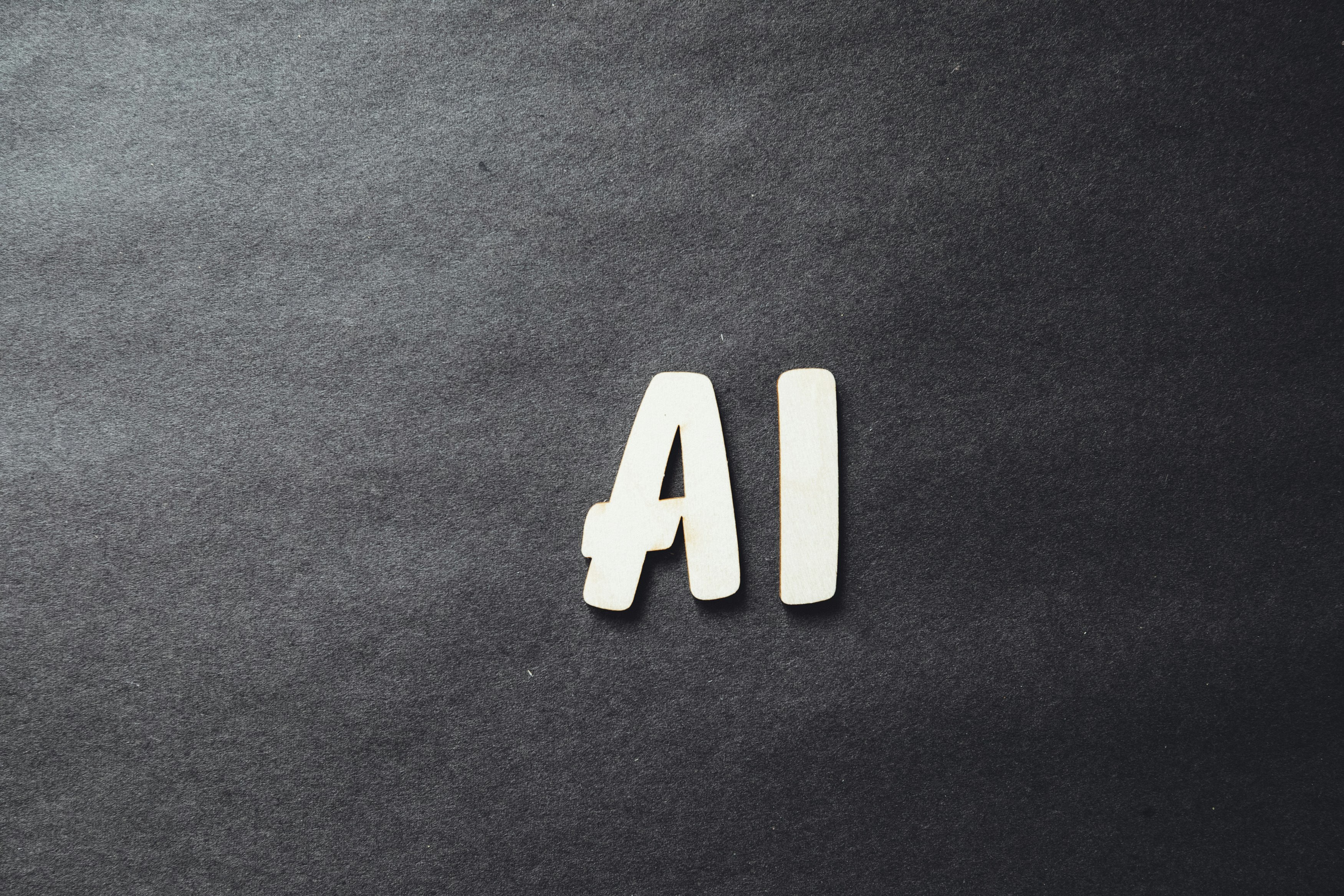Empower Resilience: Transforming Culture with AI in Business
In today's fast-paced business environment, organizations face unprecedented challenges—from rapid technological advancements to shifting employee expectations. Traditional automation alone is inadequate for navigating these complexities; businesses must look beyond automation towards cultivating a resilient organizational culture. Enter Artificial Intelligence (AI) tools. Far from merely streamlining operations, AI can significantly enhance workplace culture, drive employee engagement, facilitate continuous learning, and create an environment where adaptability thrives.
This comprehensive exploration will dive into innovative strategies for integrating AI that empowers organizations to build resilience, foster a psychologically safe workplace, and ultimately shape a culture of adaptability. Let's examine how AI is transforming the way we think about workplace culture, moving beyond traditional metrics of efficiency.
The New Paradigm: AI Tools as Cultural Architects
As AI technologies such as machine learning, natural language processing, and predictive analytics mature, their application within organizations transcends routine efficiencies. AI tools are increasingly recognized as cultural architects—designing environments that support adaptability and resilience. Businesses tapping into such tools find themselves at an advantage, given how they enable insights into workforce behaviors, preferences, and areas calling for improvement.
For instance, AI can analyze employee interaction patterns to inform strategic decisions. Companies leveraging these insights can tailor engagement initiatives, identify learning opportunities, and foster team collaborations, resulting in a more cohesive, resilient workplace culture. Moreover, the application of AI can help dismantle silos within organizations by enhancing communication across teams.
Enhancing Employee Engagement with AI Insights
One critical component of a resilient organizational culture is employee engagement. The AI-powered insights that help identify disengaged employees are instrumental in initiating meaningful conversations—those that lead to deeper engagement and productivity. Rather than relying solely on annual surveys, AI tools can continuously analyze employee feedback and engagement metrics over time.
By assessing sentiment through platforms like AI-driven feedback loops, organizations can gather real-time data. This allows stakeholders to act instantly rather than reactively, keeping employee voices consistently heard. Such practices not only demonstrate that the organization values its workforce, but they also underline a culture of psychological safety—critical for enhancing resilience.
Driving Continuous Learning through AI Integration
The workforce today is more dynamic than ever, which means organizations must prioritize continuous learning and development. AI tools can facilitate personalized learning experiences, adjusting content and delivery according to individual preferences and needs. For instance, AI-powered platforms can recommend training materials or learning modules based on skill gaps detected in real time.
Consider the implementation of a digital learning companion integrating AI to foster self-directed learning. This companion could learn from an employee's interactions and needs, offering precisely tailored resources that challenge them while simultaneously equipping them with essential skills. This not only boosts learning outcomes but also cultivates a culture where growth and adaptability flourish.
Creating a Psychologically Safe Work Environment
A psychologically safe work environment is crucial when fostering resilience. Employees need to feel secure enough to share their ideas, take risks, or even fail without the fear of negative consequences. AI tools can help monitor workplace sentiment, identifying potential issues before they worsen, from interpersonal conflicts to feelings of isolation or burnout.
For example, integrating AI within HR processes can help predict turnover by analyzing patterns in current and past employee data. When managers have access to these insights, they can proactively address concerns, thereby preventing the deteriorating relationships that often contribute to a toxic atmosphere.
Showcasing Case Studies: Businesses Transforming Culture with AI
Case Study 1: Unleashing Employee Potential at Tech Innovators Inc.
Tech Innovators Inc. implemented AI-driven analytics tools to enhance employee experience by focusing on professional development. By recognizing skills within their workforce that aligned with business objectives, they tailored personal growth plans for employees. As a result, employee engagement scores soared by 30% within a year, showcasing how targeted initiatives could transform a company's culture.
For more insights on employee wellbeing, explore Harness AI-Powered Predictive Analytics for Employee Wellbeing.
Case Study 2: Fostering Collaboration at Global Financial Services
A global financial services company turned to AI for improving interdepartmental collaboration problems. They used robust AI tools to evaluate communication patterns and identified key interaction barriers among teams. Armed with such insights, they facilitated team-building exercises and workshops that bridged gaps, leading to improved performance, innovation, and, ultimately, resilience in navigating market shifts.
Embracing Change through AI-Driven Decision-Making
Organizations that prioritize adaptability will not only withstand challenges but may emerge stronger than before. AI can enhance decision-making capabilities, enabling more agile, informed responses to change. Consider, for example, how AI tools can analyze massive data sets to identify market trends and customer preferences, equipping decision-makers with the insights needed to pivot strategies successfully.
To learn more about strategic planning with AI, read AI as the New Business Consultant: Redefining Strategic Planning. Real-time insights empower leaders to embrace new opportunities and innovate more boldly, paving the way for resilience within organizational culture.
Building Trust Through AI-Driven Transparency

Trust is the cornerstone of resilient organizational culture. As AI tools become more embedded in workplace practices, organizations must remain transparent about their use. This includes sharing how data is collected, analyzed, and utilized. By fostering an understanding of AI processes, employees will be more likely to engage with and trust the tools transforming their workplace.
For businesses, this means engaging employees in conversations surrounding AI ethics and decision-making frameworks. Employees will value organizations willing to invest in their understanding of AI’s purpose, thereby replacing skepticism with collaboration.
The Intersection of AI and Employee Wellbeing

AI isn't just about automating tasks; its potential to enhance employee wellbeing signals a cultural shift. By utilizing AI tools that prioritize human-centric solutions, organizations can create environments where employees feel valued, understood, and committed. A focus on wellness through AI applications (such as monitoring stress levels or overall health) can foster resilience and encourage open dialogues regarding mental health in the workplace.
For more on enhancing the employee experience, check out Transforming the Employee Experience: Harness AI Tools for a Thriving Workplace in 2025.
Final Thoughts: Taking the First Steps toward Resilience
Embracing AI tools for cultivating a resilient workplace culture may seem daunting, but businesses that start small will find significant rewards. Begin by understanding current organizational challenges and exploring accessible solutions. Invest in solid AI integrations that foster communication, continuous learning, and employee engagement.
As businesses look towards 2025, utilizing AI tools not just for efficiency but as cultural transformers can become your most significant competitive advantage. Fostering resilience and adaptability will empower teams and enable organizations to thrive in unpredictable situations. It's time to view AI as not just a tool for automation but as a vital partner in your organization’s journey toward a phenomenal workplace culture.
: Explore how AI tools foster resilience in business culture! Learn innovative strategies for engagement, continuous learning, and psychological safety in the workplace.











